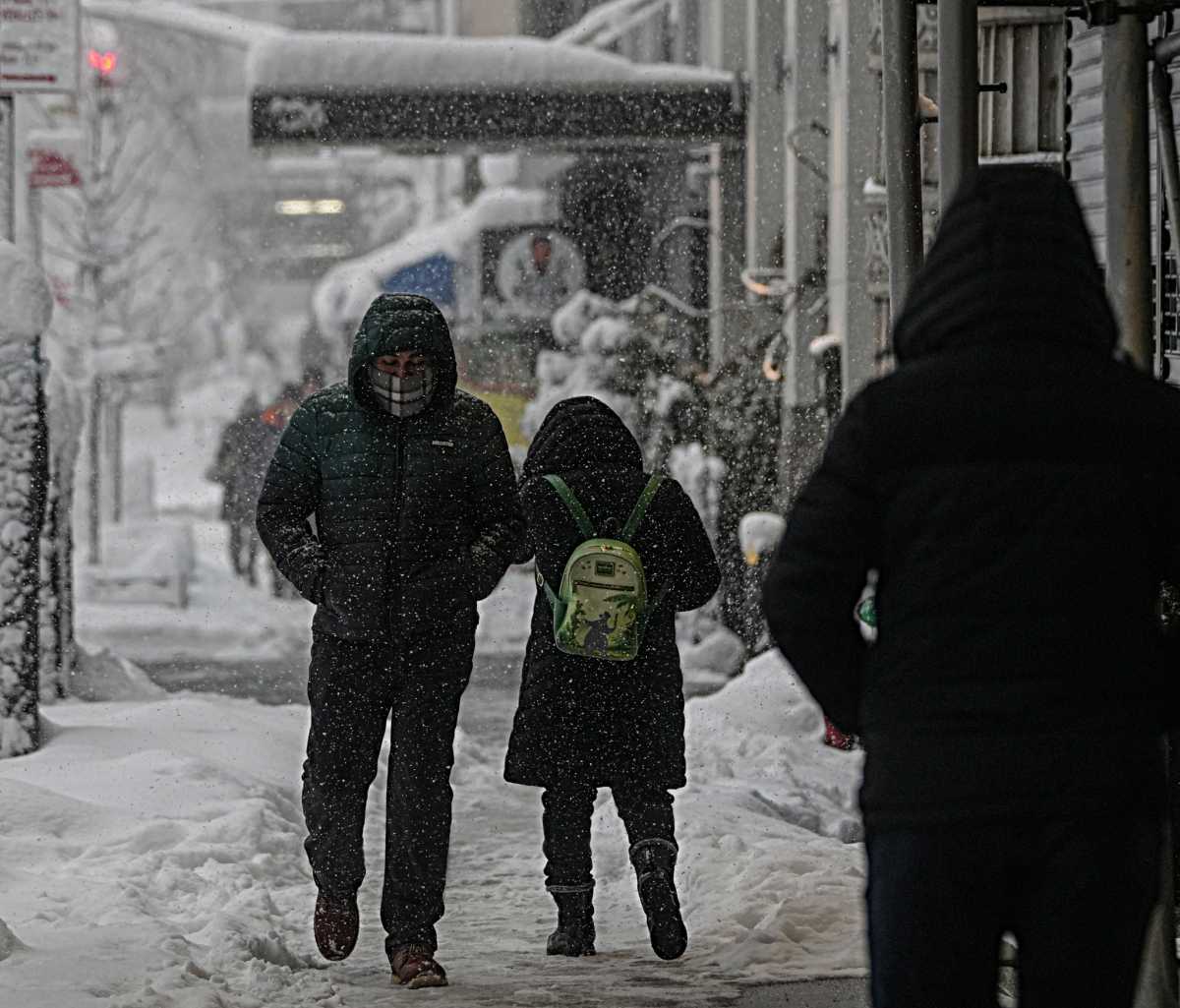The Knots Camp Snoopy Amusement Park in Minnesota, the Miller Brewery in Wisconsin, the Carolina Raptor Center in North Carolina and the United Nations in New York. Which one of these is the mostly likely terrorist target?
According to funding from the Department of Homeland Security (DHS), New York may not be the obvious answer.
Last year, local elected officials spoke out when DHS cut New York City’s anti-terror funding by 40 percent, or $83 million.
This year, the city will receive $134 million, which only represents a 7.7 percent increase from last year’s funding.
However, while New York City’s funding has decreased, smaller cities such as San Diego, Denver and Indianapolis that are not as much of a target, have received funding increases.
“Despite promises to the contrary, New York City has once again been shortchanged while small, low-risk cities continue to receive questionable funding,” said Congressmember Anthony Weiner. “I am all for protecting the beer industry in Milwaukee, but not with the same funds used to protect Wall Street and the United Nations from a terrorist attack.”
As a whole, New York State will receive $208 million from DHS. Governor Eliot Spitzer said that even though the funding has increased, it is still not enough.
“As the financial and communications capital of the world, and with many symbolic landmarks, the city and state remain known targets,” Spitzer said. “DHS has not delivered funding consistent with New York’s threat level. Together with our congressional delegation and local mayors, I will continue to press the federal government for more dollars for New York.”
Also, the DHS and Department of Commerce announced that they will give New York City $34.8 million to repair communication problems that have existed since the September 11, 2001 terrorist attacks.
“As we learned from 9/11 and from hurricanes Katrina and Rita, effective and inter-operable emergency communications between firefighters, police, rescue workers and emergency call dispatchers can mean the difference between life and death and it is clear that going forward there must be a dependable stream of funding to provide the resources, equipment, training and coordination for all of our first responders and emergency communication professionals,” said Senator Hillary Rodham Clinton.





























